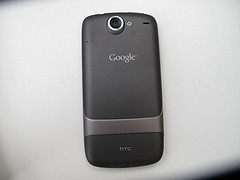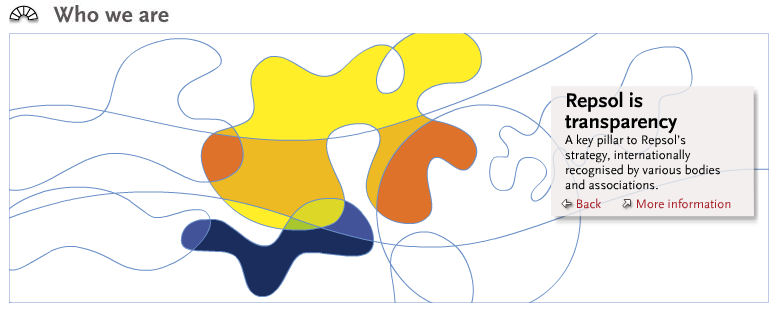 Tuesday, January 6, 2010 marked an important date in the ongoing battle of brand supremacy between Apple and Google. That was the day that both companies made major announcements which represent a shift in the mobile phone market — the effects of which won’t be fully realized immediately.
Tuesday, January 6, 2010 marked an important date in the ongoing battle of brand supremacy between Apple and Google. That was the day that both companies made major announcements which represent a shift in the mobile phone market — the effects of which won’t be fully realized immediately.
On January 6th, Google announced it was entering the mobile phone retail business with its new Nexus One phone from HTC, which is only available through Google’s new online store. On the same day, Apple announced it was entering the mobile advertising game by acquiring mobile advertising company Quattro Wireless.
While neither announcement is an instant game changer, they do foreshadow things to come. It’s been speculated in The New York Times that Apple’s interest in mobile advertising is probably less about competing with Google in the mobile advertising market than it is about finding a way to monetize its popular apps with developers by giving them a way to generate income (since apps are currently available for free download).
Similarly, Google claims not to want to become a major player in the handset market. Instead, according to a separate article from The New York Times, Google’s hope with its new online store and the Nexus One is that more people will have access to handsets running its Android software.
As we watch this battle play out with both major players, Google and Apple, seemingly pursuing very different paths to reach their goals, it’s interesting to wonder how this will end. Can any other company compete with Google and Apple in the future? RIM’s BlackBerry still holds a sizable chunk of the business market, but with the new extensions Google and Apple are bringing to the mobile market, it makes one wonder what the industry will look like in 5-years (or sooner).
And how will the landline market be affected? I’ve read multiple predictions over the past few weeks that traditional home phones are nearing the end of their lifecycle. How soon will that prediction come true?
It’s an exciting time, particularly since consumers continue to get some great new products from the frenzied competition that really do make their lives easier.
What do you think? iPhone or Droid? What’s your prediction for the future of the mobile market?
Image: Flickr





 Each year, Virtue (a social media management company) creates a ranking of the
Each year, Virtue (a social media management company) creates a ranking of the  Landor Associates conducts a
Landor Associates conducts a